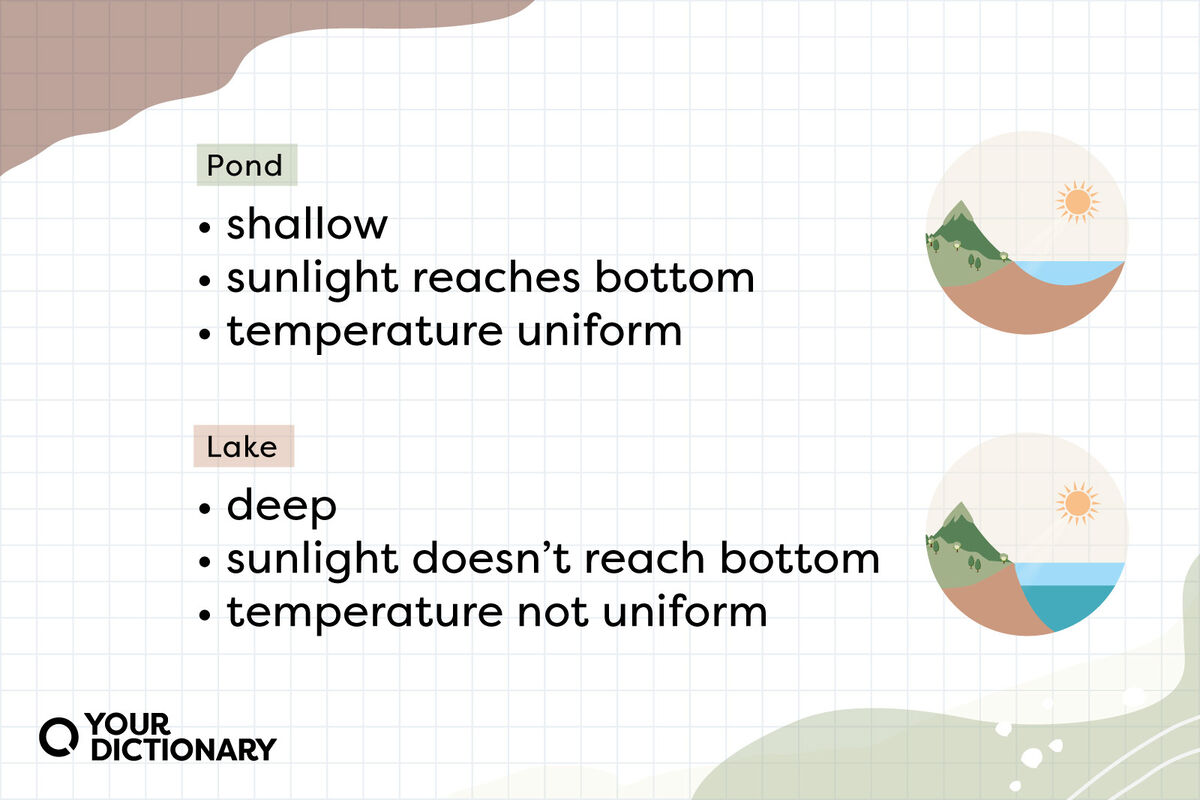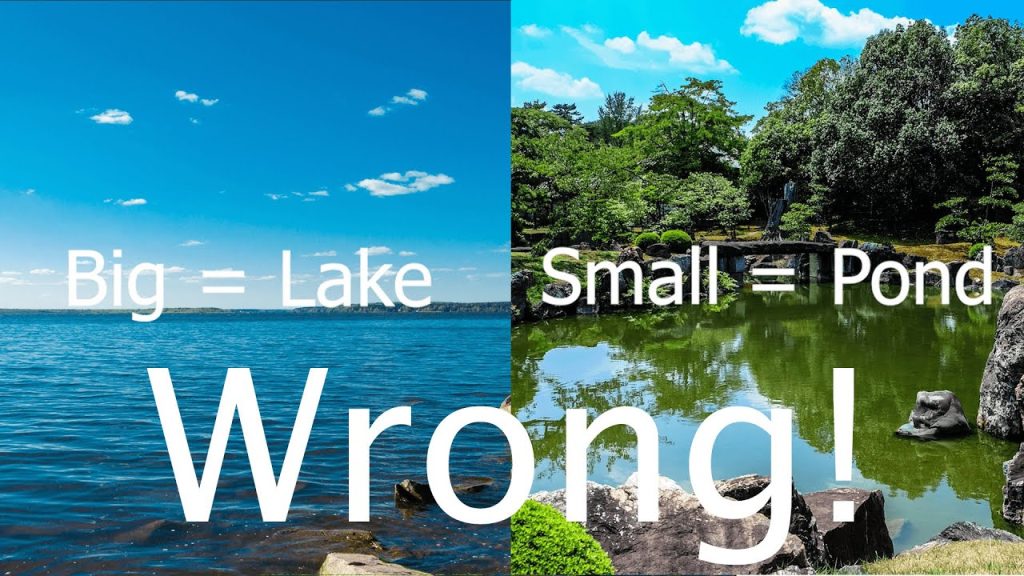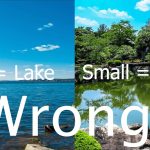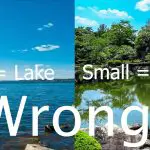Have you ever wondered what distinguishes a lake from a pond? While both are bodies of water, there are key differences that set them apart.

Credit: www.yourdictionary.com
Size Matters
One of the main distinctions between a lake and a pond is their size. Lakes are typically larger and deeper than ponds, covering a greater surface area.

Credit: lakemat.com
Depth Perception
Lakes tend to have a more significant depth compared to ponds, with depths that can range from a few feet to hundreds of feet, making them ideal for various aquatic life forms.
Formation and Origin
Ponds are often shallow bodies of water that can be formed naturally or artificially. They can be created by glaciers, volcanic activity, or even human intervention.
Lakes, on the other hand, are usually formed by natural processes such as tectonic activity, glacial movements, or volcanic eruptions. They can also be man-made for various purposes like irrigation or water supply.
Plant and Animal Life
Due to their size and depth, lakes tend to support a more diverse ecosystem with a wider variety of plant and animal species. Ponds, being smaller and shallower, may have fewer species but can still be rich in biodiversity.
Water Circulation
Lakes often have better water circulation due to their larger size, which can help maintain water quality and oxygen levels for aquatic life. Ponds, being smaller, may experience stagnant water conditions more frequently.
Recreational Use
Lakes are popular destinations for recreational activities such as boating, fishing, and swimming due to their size and depth. Ponds are also used for recreation but are more commonly associated with activities like birdwatching and small-scale fishing.
Summary
| Aspect | Lake | Pond |
|---|---|---|
| Size | Large | Small |
| Depth | Deeper | Shallow |
| Formation | Natural or Man-made | Natural or Artificial |
| Flora and Fauna | Diverse | Varied |
Understanding the differences between lakes and ponds can help us appreciate the unique characteristics of these bodies of water and the ecosystems they support.





